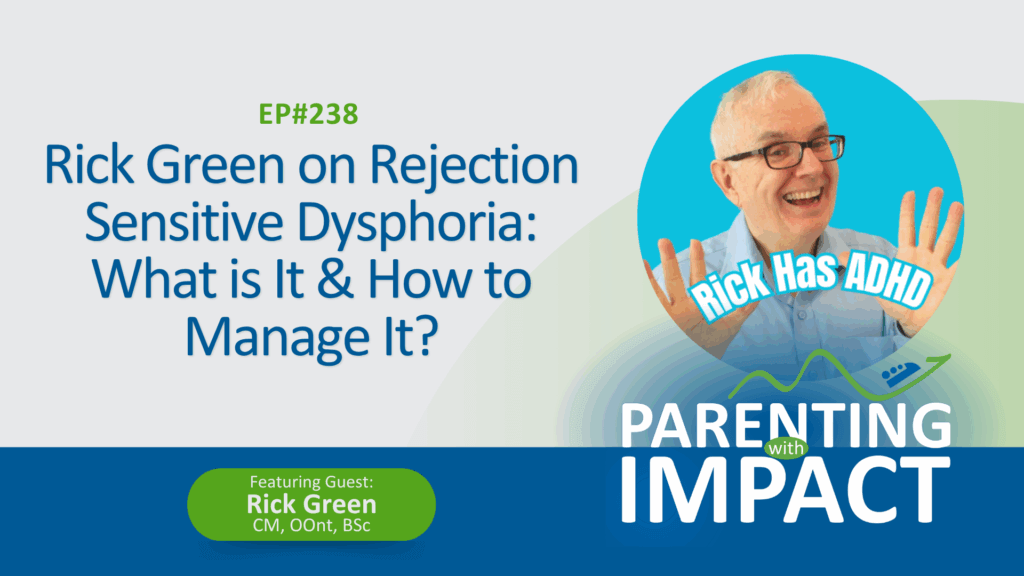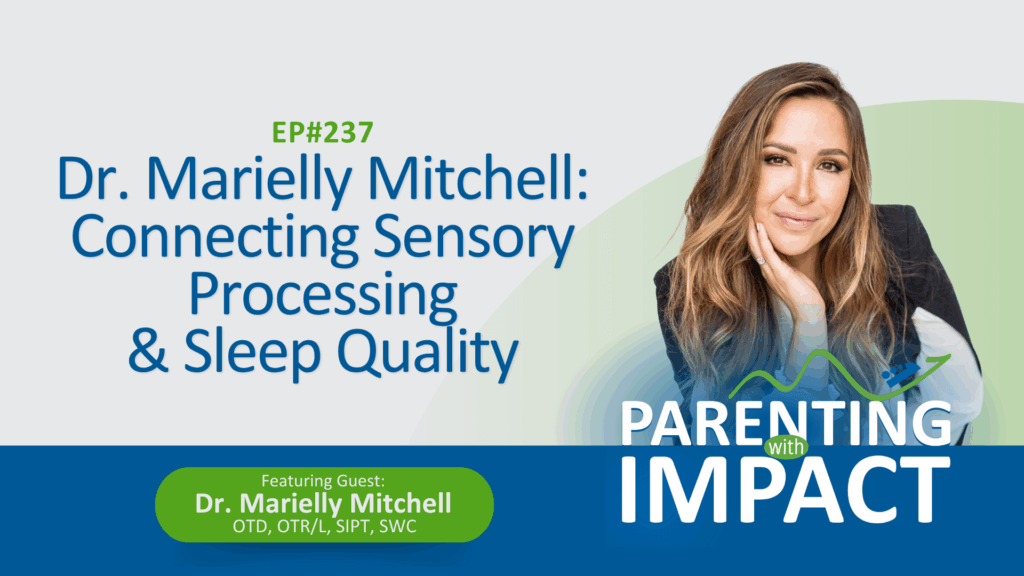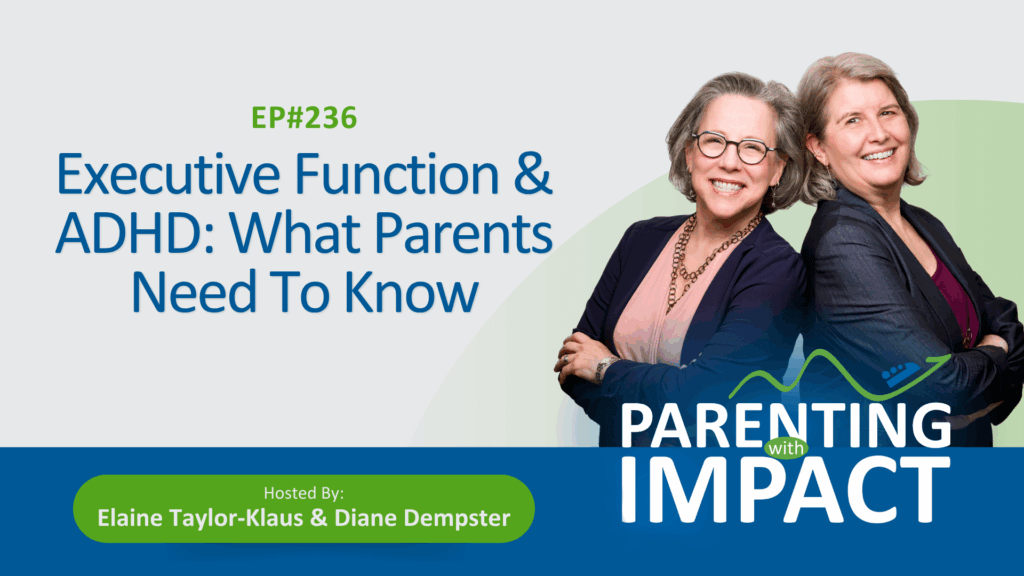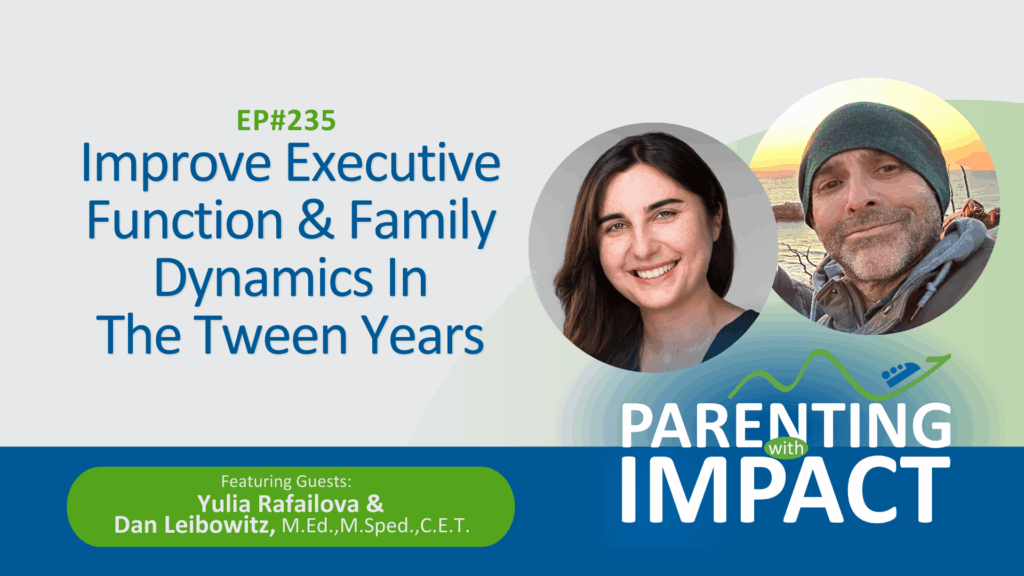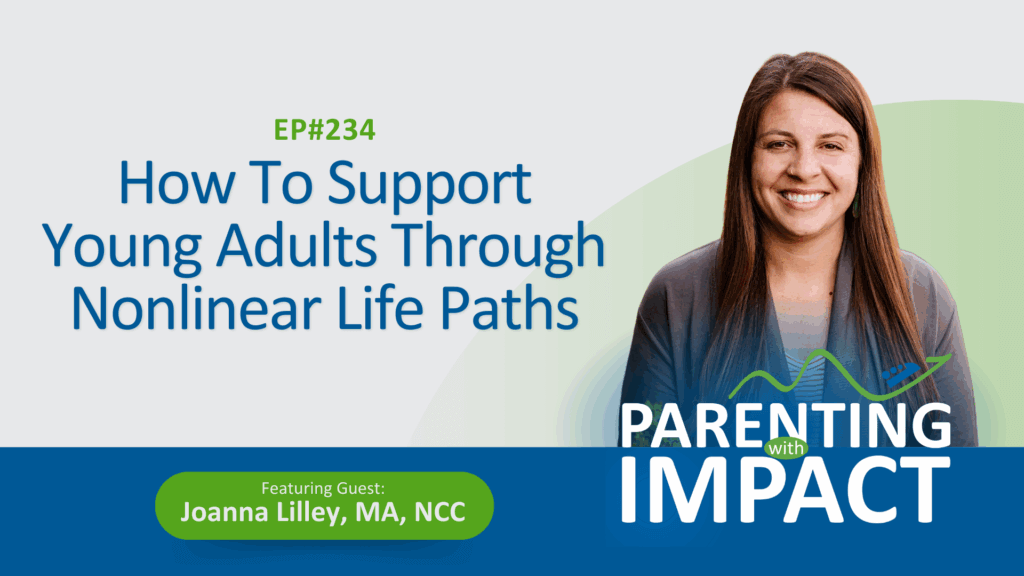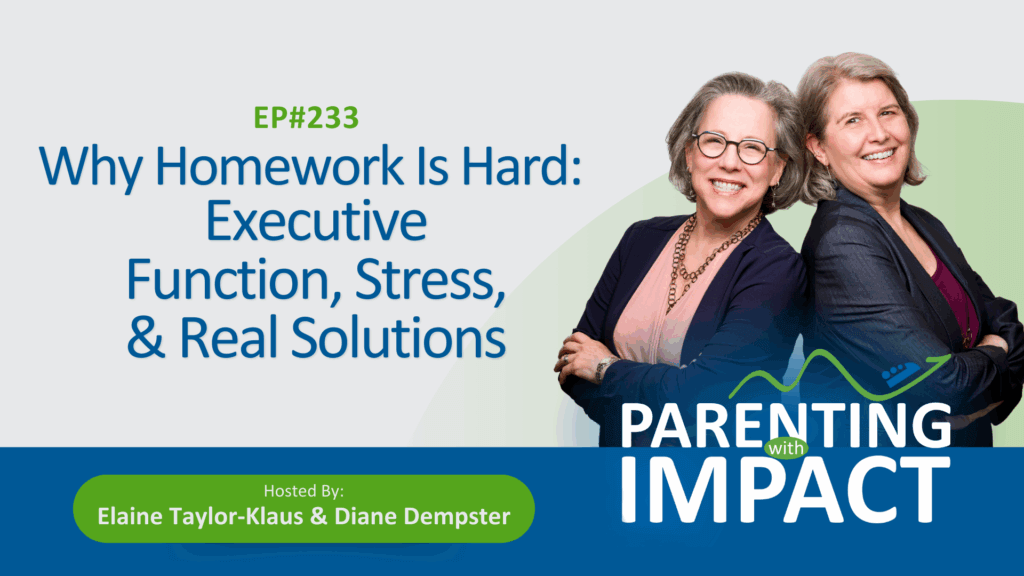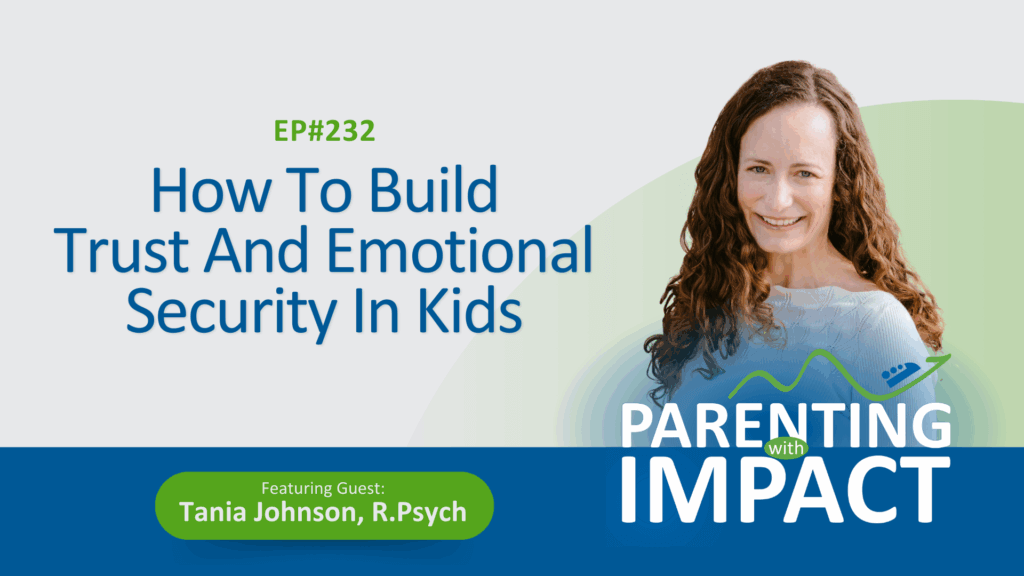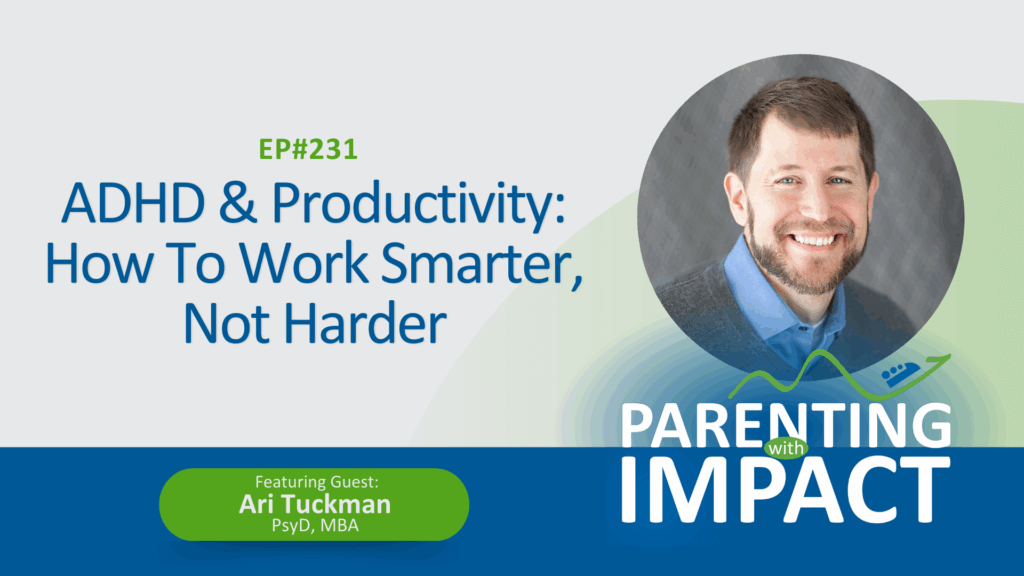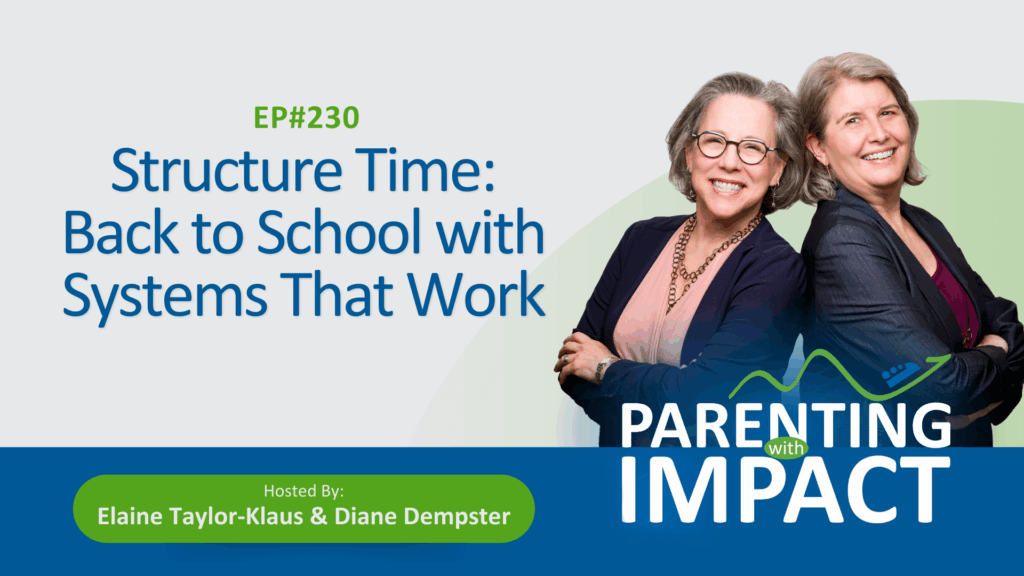Get Specialized Expert Parenting Guidance
Welcome to the blog at ImpactParents! If you've got a complex kiddo (age 4-44), you're in the right place! What makes a kid complex? Neurospicy kids struggle with life, learning, behavior and/or social skills. Maybe they have ADHD, Anxiety, Depression, Autism, or learning difficulties. Or maybe they have other issues that challenge their Executive Function.
And whatever is causing these amazing children, teens, and young adults to struggle, since 2011 we have been committed to helping their parents stay sane in the process of raising them. Even more, we help parents get the practical advice they need to feel more inspired and more empowered … so you can help your kids become the best they can be! And yes, we help the professionals who support them, too!
That's because we parents of complex kids (yes, we're moms, too, right here with you!) need more than information to help our kids.
We need help figuring out HOW to do what the experts tell us -- in a way that works for our families, not just in a textbook! We need community and support. We need accurate education (did you know that training for you is actually recommended treatment for your kids?). And we need some good old fashioned coaching to help us apply what we learn so we can do the best for our amazing kiddos.
And that's what makes this blog different from many others. Sure, we have a team of hundreds of Guest Experts who provide you with cutting edge information about your child's challenges. We've got decades of experience. We've supported hundreds of thousands of parents worldwide, and trained thousands of professionals.
BUT what makes us really different is that at ImpactParents, we bring parenting expertise, evidence-based coaching skills, and an understanding of neurodiversity to everything we do.
The Impact Model guides our community to take a collaborative, problem-solving, coach-approach when raising complicated and fascinating kiddos. Our blogs reinforce and demonstrate that Model -- so that you can foster independence, improve communication, and empower your kids to reach their full potential -- no matter what challenging behaviors you're dealing with!
In a nutshell, we hope you'll keep reading, because we promise that this blog can help you:
- Improve communication and have better conversations (and relationships) with your children and with each other;
- Make more comprehensive, well-informed decisions for your family;
- Understand your kiddo (at any age or stage) and learn strategies to foster their independence and personal success.
**If you like our posts and wish to reprint one, please contact us to let us know. You can include the following 'blurb' along with the article in its entirety: "This article originally appeared on ImpactParents.com and is reproduced with permission of ImpactParents."
Search the Blog:
- Show All Focus Areas
- Challenging Behaviors
- Diagnosis & Treatment
- Executive Function
- Must Reads
- Relationships
- School Issues
- The Parents' Experience
Rick Green on Rejection Sensitive Dysphoria: What is It & How to Manage It? (podcast #238)
Why does rejection hit so hard for people with ADHD? In this episode, Rick Green joins us…
Connecting Sensory Processing and Sleep Quality (podcast#237)
What if the real reason your child struggles to regulate emotions or stay focused isn’t behavior at…
Executive Function & ADHD: What Parents Need To Know (podcast#236)
Struggling with motivation, time management, or emotional outbursts? It might not be what you think. In this…
Improve Executive Function And Family Dynamics In The Tween Years (podcast#235)
What if the real breakthrough in parenting starts with you? In this episode, discover how the power…
How To Support Young Adults Through Nonlinear Life Paths (podcast#234)
What if growing up doesn’t follow a straight line anymore, and that’s perfectly normal? This episode explores…
Why Homework Is Hard: Executive Function, Stress, and Real Solutions (podcast#233)
Homework struggles aren’t always about motivation. Sometimes, the biggest obstacles are invisible, like executive function challenges or…
How To Build Trust And Emotional Security In Kids (podcast#232)
What if the change your child needs starts with you? This episode explores how rethinking your role…
ADHD And Productivity: How To Work Smarter, Not Harder (podcast#231)
Struggling to get things done might not be about effort; it could be something deeper. Psychologist Ari…
Structure Time: Back to School with Systems That Work (podcast#230)
Back-to-school season brings more than sharpened pencils and new routines. It is a full-spectrum shift in structure,…

